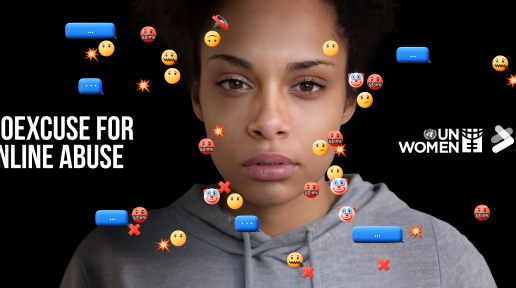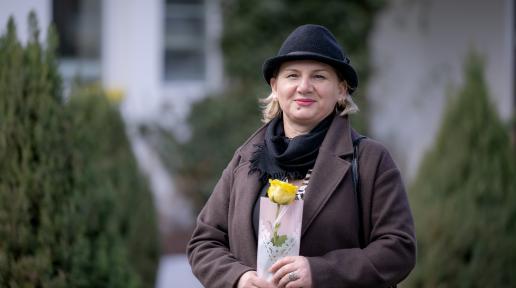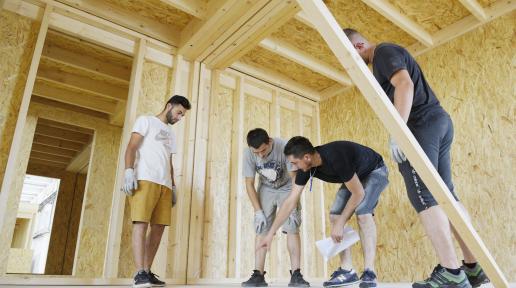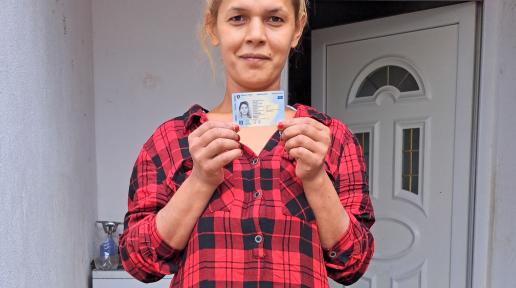Story
04 February 2026
Visa-Free Travel Awareness Reaches Wider Audiences Through Strategic Timing
A new public service announcement (PSA) on visa-free travel to the Schengen Area has reached wide audiences across Kosovo, demonstrating how strategic timing can significantly enhance the visibility and impact of public information campaigns.The awareness video, produced by International Organization for Migration with the support of the Swiss Embassy, has been broadcast repeatedly on Radio Television of Kosovo since early January. The PSA provides clear and accessible information on visa-free travel rules, responsibilities, and safe travel practices related to the Schengen Area.Promoting the campaign in January proved particularly effective. Traditionally a period with limited public communication activity, the early-year timing allowed the message to stand out, face minimal competition for public attention, and achieve stronger recall among viewers. This approach helped ensure that essential information reached residents at a moment when communication “noise” is comparatively low.The video has been made available in several language versions including English, Albanian and Serbian, supporting inclusive outreach and ensuring that information is accessible to diverse communities. By focusing on practical guidance and responsible travel behavior, the PSA contributes to informed decision-making and helps manage expectations related to visa-free movement.The initiative highlights the importance of aligning communication strategies for development with broader information environments. Strategic scheduling, combined with clear messaging and trusted broadcast channels, can significantly enhance public understanding of complex policy changes and promote safe, well-informed mobility.Watch full video by clicking below:








